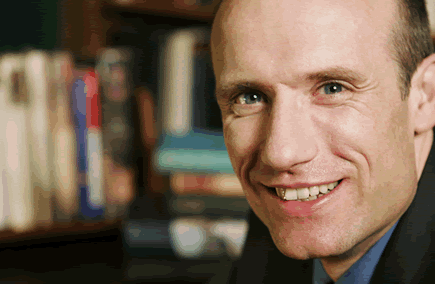|
|
|
|
Regional Seminar for Excellence in Teaching (ReSET) |
CONTEMPORARY CONFLICTS AS AN INTERNATIONAL SECURITY THREAT TOWARDS AN INTEGRATED TEACHING AND RESEARCH PROGRAM |
Home |
STEFAN
WOLFF  A political scientist by background, Stefan Wolff specialises in the management of contemporary security challenges, especially in the prevention and settlement of ethnic conflicts and in post-conflict reconstruction in deeply divided and war-torn societies. He has extensive expertise in Northern Ireland, the Balkans and Central and Eastern Europe, and has also worked on a wide range of other conflicts elsewhere, including the Middle East, Africa, and Central, South and Southeast Asia. Bridging the divide between academia and policy-making, Wolff is a consultant for major national and international governmental and non-governmental organisations and the private sector. His research has been funded by the European Commission, the Economic and Social Research Council of the UK, the UK Foreign Office, the Westminster Foundation for Democracy and the British Academy, amounting to a total grant income of over $500,000 over the past five years. In 2007, Wolff was commissioned by the Canadian Ministry of Foreign Affairs to write a handbook on “Power-sharing, good governance and participation in public life” for the Conflict Prevention Handbook series published by the Swedish Foreign Ministry’s training centre, the Folke Bernadotte Academy. As convener of the Ethnopolitics Specialist Group within the Political Studies Association of the United Kingdom, and of the Standing Group on Security Issues of the European Consortium for Political Research, Wolff has built a global network of professionals with a wide range of geographic and topical expertise. Wolff’s publications to date include eleven books and over twenty journal articles and book chapters. Published by Oxford University Press in 2006 (paperback in 2007), Wolff’s Ethnic Conflict: A Global Perspective is the first major treatment of the subject aimed at a broad general audience and has been highly acclaimed by academics, policymakers, and business leaders. His Ethnopolitical Encyclopaedia of Europe (with Karl Cordell) was published by Palgrave as the first comprehensive analysis of ethnic politics across the European continent in 2004 and has won critical praise from scholars and analysts. Among his other books are Disputed Territories: The Transnational Dynamics of Ethnic Conflict Settlement (2002); The German Question since 1919 (2003); Managing and Settling Ethnic Conflicts (with Ulrich Schneckener, 2004); Peace at Last? The Impact of the Good Friday Agreement on Northern Ireland (with a foreword by Lord Alderdice, with Jörg Neuheiser, 2002), and Autonomy, Self-determination and Conflict Resolution (with Marc Weller, 2005). Wolff is the founding editor of Ethnopolitics, a quarterly, peer-reviewed journal dedicated to the study of ethnic conflicts and their management around the globe. Stefan Wolff is Professor of Political Science and Director of the Centre for International Crisis Management and Conflict Resolution at the University of Nottingham, England, UK. He previously taught at the University of Keele and the University of Bath. Wolff has held visiting professorships at the Johns Hopkins University School of Advanced International Studies, Bologna Center, the University of Sofia, Humboldt University Berlin and Free University Berlin. Since 2003, he has been a Resource Fellow of the Open Society Institute’s Academic Fellowship Programme. He is also an International Associate of the Liechtenstein Institute on Self-determination at Princeton University. Since 2005, Wolff has been a Teaching Fellow at the Joint Services Command and Staff College of the Ministry of Defence of the United Kingdom, where he also served as a Distinguished Visiting Fellow in 2006. In 2003, he was appointed Senior Non-resident Research Associate at the European Centre for Minority Issues in Flensburg, Germany. In 2006, he was elected as the first-ever Europe-based member of the Advisory Board of the “Minorities at Risk” project. He holds a Masters Degree from Magdalene College, Cambridge, and a Ph.D. from the London School of Economics and Political Science.text |
